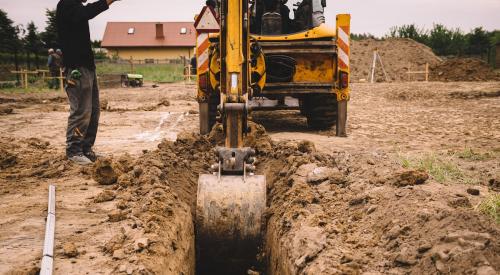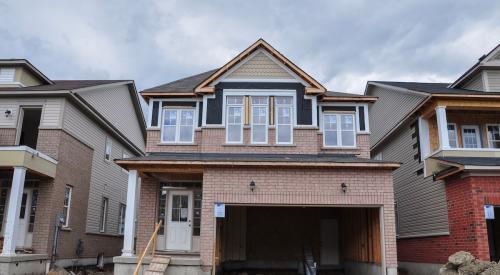It costs 24% more to rent the typical home in the Detroit area than it does to buy it; the biggest rent premium among the 50 most populous metro areas studied by Redfin. Luckily, a new land value tax plan from Detroit’s mayor will redistribute a portion of the collected rent or imputed rent from landowners back to the city to encourage development of more rental units while discouraging building vacancy, Forbes reports.
Implementing a land value tax in Detroit requires a law change at the state legislature, but if successfully legalized, Detroit’s new tax structure could serve as a model for the nation in a wider effort to add more rental supply and resolve the housing affordability crisis.
Growing cities may pass a land value tax to encourage the development of housing units to accommodate more residents while raising tax revenue more efficiently. Unlike income, property, and sales tax, a land value tax supports sustainable economic growth. Detroit may be the most extreme example of a city that has been unable to sustain economic growth, so if a land value tax works in Detroit, more cities will likely follow suit.













